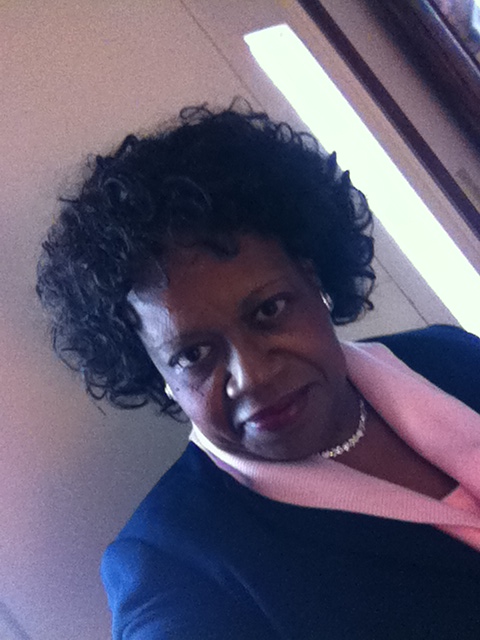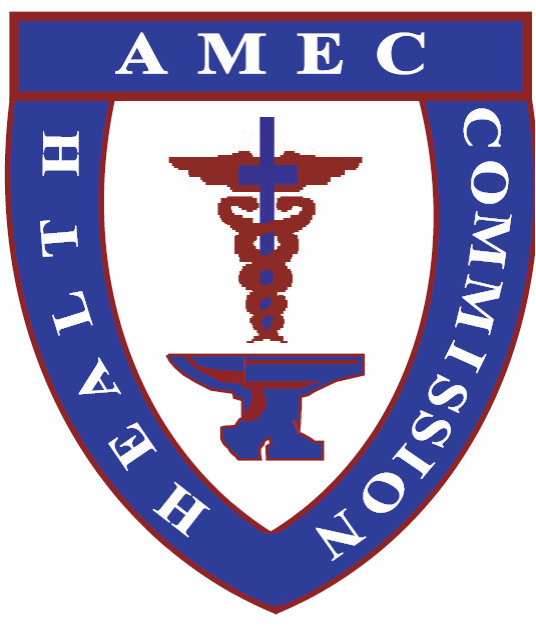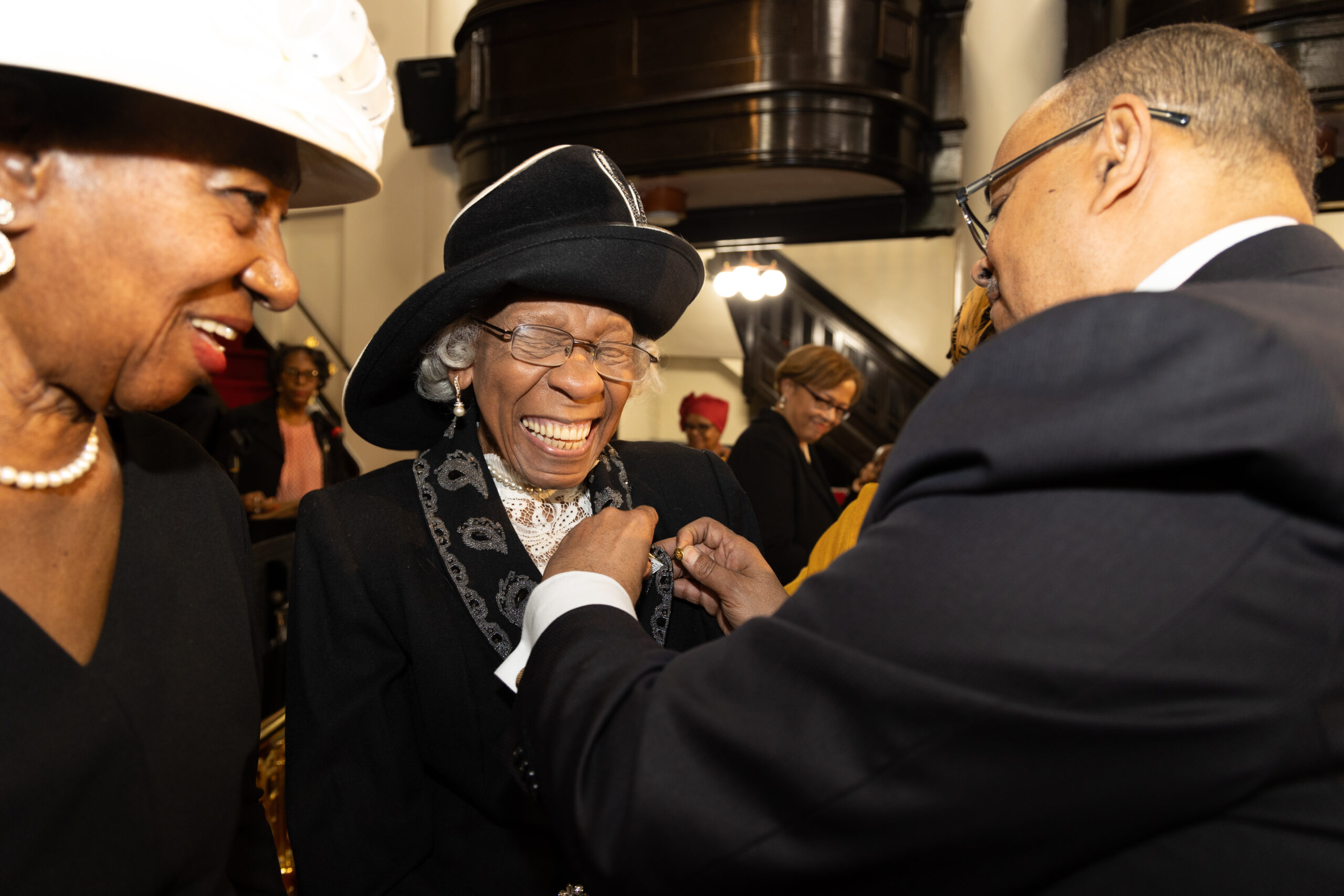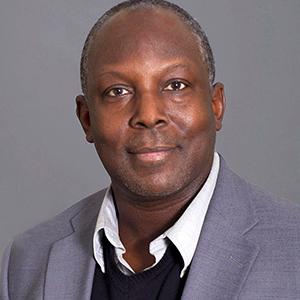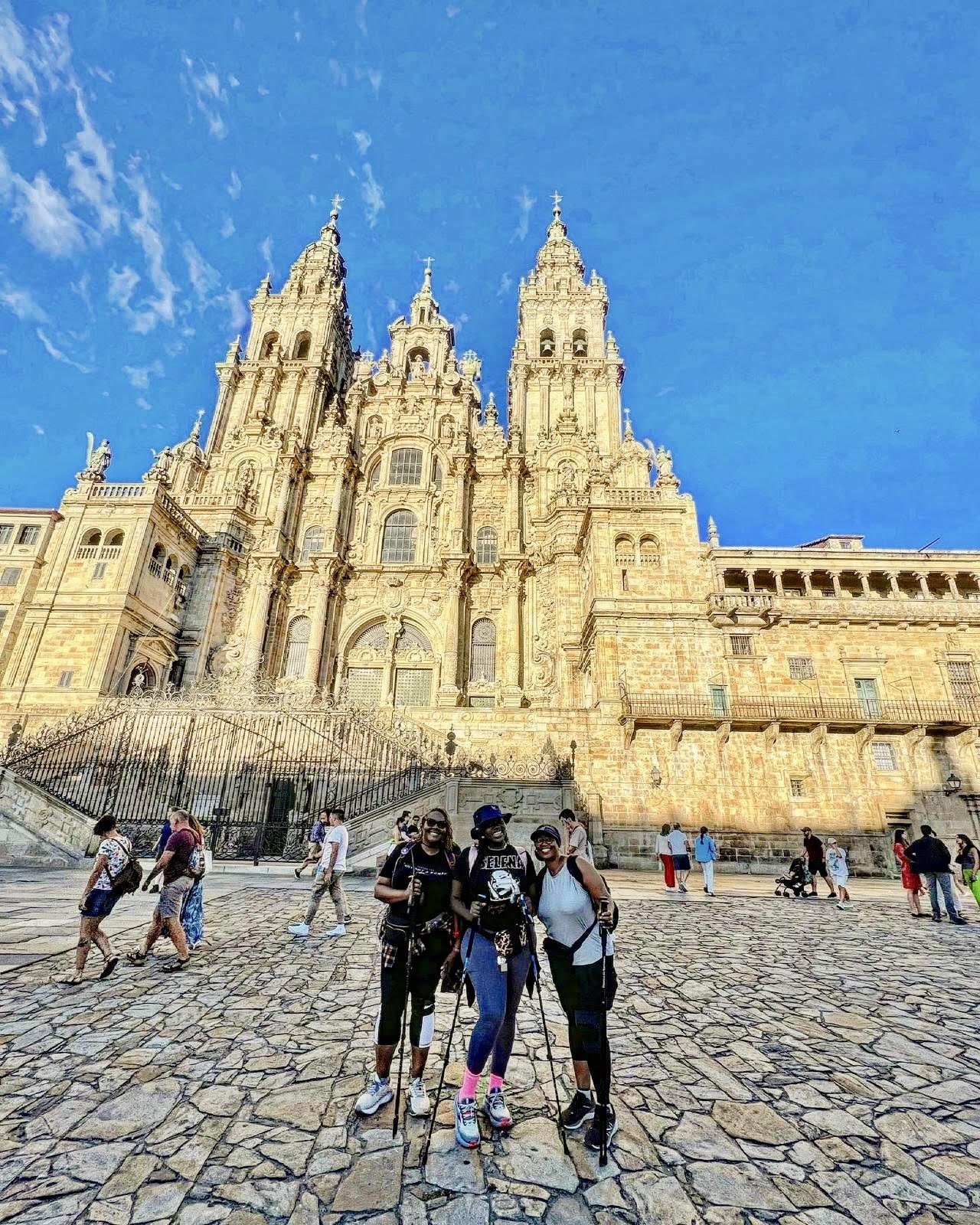Distance Education During the Coronavirus Pandemic
By Rev. Betty W. Holley, Ph.D., Contributing Writer
The coronavirus pandemic has led to the closing of schools, from kindergarten to graduate level, across the United States and abroad. This is a watershed moment for education systems around the world. More than 400 million students worldwide have been impacted according to data from Education Week.
Distance education, online learning, e-learning, or whatever name you choose to use has now become the glue to hold our education systems together at this challenging moment. Presently, all faculty members in colleges, universities, seminaries, and public or private school teachers, K-12, are delivering education online. Every student, K-12, undergraduate, and graduate, will be receiving their education online.
While most educational institutions of higher learning have not traditionally invested in online education as a core aspect of their students’ learning experience, a few years ago top universities and Payne Theological Seminary committed to building fully digital academic experiences. This coronavirus pandemic tragically illustrates the need for all education systems, especially those institutions of higher learning, to build a technological backbone and digital competency to weather this crisis and enter a new era of teaching and learning in a digital world.
Distance education has not been given its proper due. Almost half of the 13,451 faculty respondents in the 2017 Educause survey on faculty and information technology don’t agree that online learning is effective. About 45 percent of faculty respondents said that students don’t learn as well online as they do in person. In summary, they believe that online education just doesn’t work.
Presently, there is plenty of evidence that online courses can produce student-learning outcomes comparable to those of in-person courses. Emerging research on technology shows students want to readily embrace a technological shift in higher education and want more incorporation within the classroom.
One of the major keys to an effective distance education program is well-trained and competent faculty in e-learning or distant education. Whatever the thoughts are about distance education, whether positive or negative, the spread of COVID-19 is forcing faculty, students, and administrators to consider the benefits and challenges of transitioning to remote learning environments.
In just weeks, the coronavirus pandemic has created new circumstances and expectations for how students learn and engage in higher education. The transition to remote learning, as a response to the need to mitigate the spread of COVID-19, undoubtedly will create challenges that institutions must bear in the coming months.
Payne Theological Seminary made the transition to distance education to be on the cutting edge and remain competitive in seminary education several years ago. The core faculty went through extensive training and became E-Learning Certified. Presently, Payne is the only African American seminary granted permission by the Association of Theological Schools (ATS), to offer its Master of Divinity Degree 100% online. Due to Payne’s sagacious movement to distance education, teaching at the seminary remains uninterrupted with the unexpected onset of the coronavirus pandemic.
Who would have ever surmised that distance education would be the lifeblood holding together the education systems worldwide? This situation reminds me of Psalm 118:22, “The stone that the builders rejected has become the chief cornerstone.”
The Rev. Betty Whitted Holley, Ph.D., serves as the presiding elder of the Columbus-Springfield-Xenia District of the Ohio Conference in the 3rd Episcopal District. Dr. Holley is a member of the core faculty at Payne Theological Seminary, teaching theological research and writing, ecological theology, eco-justice and the Christian faith, and Christian Education. She was recently appointed the director for the Master of Divinity Degree Program.

